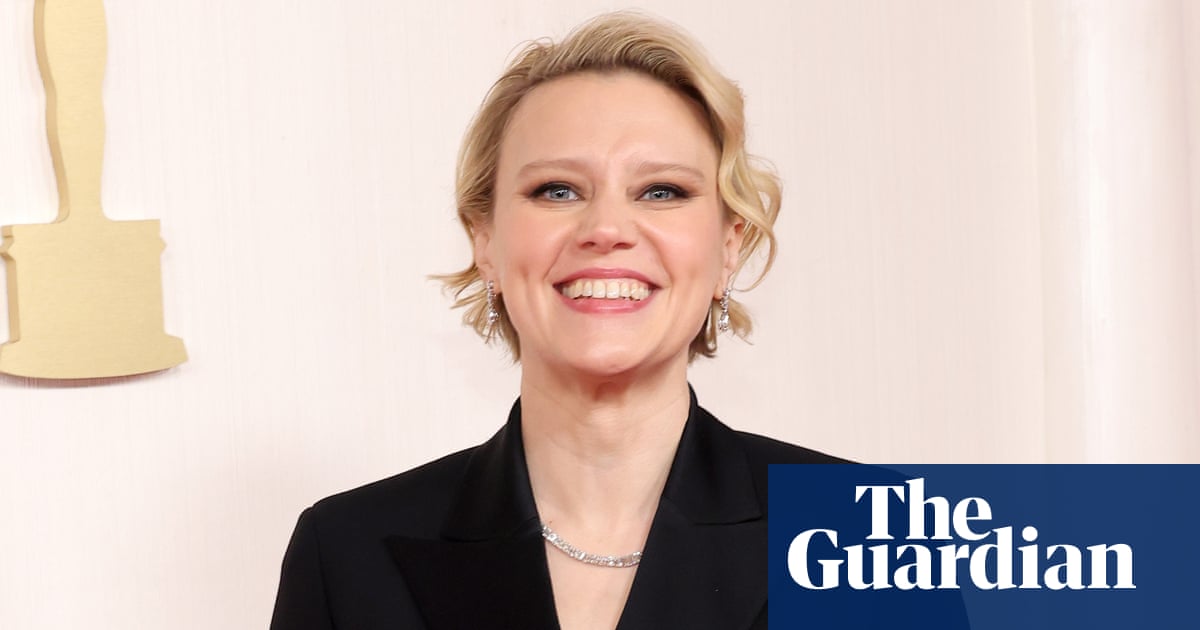My earliest reading memory
I loved The Berenstain Bears books by Stan and Jan Berenstain. There was one book that went into how the young bears built a tree house. I read it over and over again.
My favourite book growing up
I always loved nonfiction as much as fiction, especially manuals. I don’t remember what it was called but there was a book about how to rescue wounded animals and nurse them back to health that I checked out of the library once a week for a few years. I was praying that I would find a wounded woodland animal of my own to rescue. I never did, which is just as well.
The book that changed me as a teenager
When I was about 12 I read a book called Lies My Teacher Told Me by James Loewen and it blew my mind. There was a lot about the colonisation of the American continent that I learned for the first time and found horrifying.
The writer who changed my mind
I didn’t understand how to write a story until I read Robert McKee’s Story, Blake Snyder’s Save the Cat! and Dara Marks’s Inside Story. Stories are ideas about how to live – that’s why we’ve been telling them this whole time. I used to think they were just diversions.
The book that made me want to be a writer
Definitely books by Roald Dahl, Lemony Snicket, Pseudonymous Bosch and Astrid Lindgren, all of which I loved as a child and returned to for inspiration as an adult. Those writers all have such strong voices, doing things with language that I didn’t think were possible to do. They made me think, “Oh man, I wish I could write like that.”
The book or author I came back to
I was supposed to read Shakespeare’s King Lear in college, but I don’t think I finished it. I picked it up again recently after watching Succession – I hadn’t realised how funny it was.
The book I reread
Wise Child by Monica Furlong, a children’s novel about a girl in medieval Scotland who is orphaned and adopted by the town witch, who does herbal healing. I read it when I get stressed out because I like to imagine that I’m just drying herbs in medieval Scotland. Because I read it for the first time when I was in school, before there were mobile phones, I now find it an antidote to technology. It is nice to remember a time when my mind was clear, my attention was exquisite and the world was slow and delicious.
The book I could never read again
The Miraculous Journey of Edward Tulane by Kate DiCamillo. It’s a middle-grade book about a spiritually immature stuffed rabbit who loses everything but gains his soul. I cried so hard when I read it that I almost threw up. It’s the most beautiful book I’ve ever read, and I’d like to read it again, but I don’t have the wherewithal to feel it again.
The book I discovered later in life
I hadn’t heard of Muriel Spark’s The Prime of Miss Jean Brodie until my friend, the writer and performer Jen Spyra, recommended it to me when I was in my mid-20s.
The book I am currently reading
Inconspicuous Consumption by Tatiana Schlossberg, about being more carbon conscious. I found it in the laundry room of my building, where people leave all sorts of books for others to take. I found lots of publications about environmentalism the day I found the Schlossberg book – it was a jackpot day.
My comfort read
I find Yuval Noah Harari’s books oddly comforting. And The Drunkard’s Walk by Leonard Mlodinow, about how randomness rules our lives, is good for when I get down on myself for not having done well enough, or if I start to take myself too seriously. I read it and think, “OK, it’s all random anyway. I’m doing my best and that’s all I can do.”
As told to Lucy Knight. The Millicent Quibb School of Etiquette for Young Ladies of Mad Science by Kate Mckinnon is published by HarperCollins (£14.99). To support the Guardian and Observer, order your copy at guardianbookshop.com. Delivery charges may apply.
∎